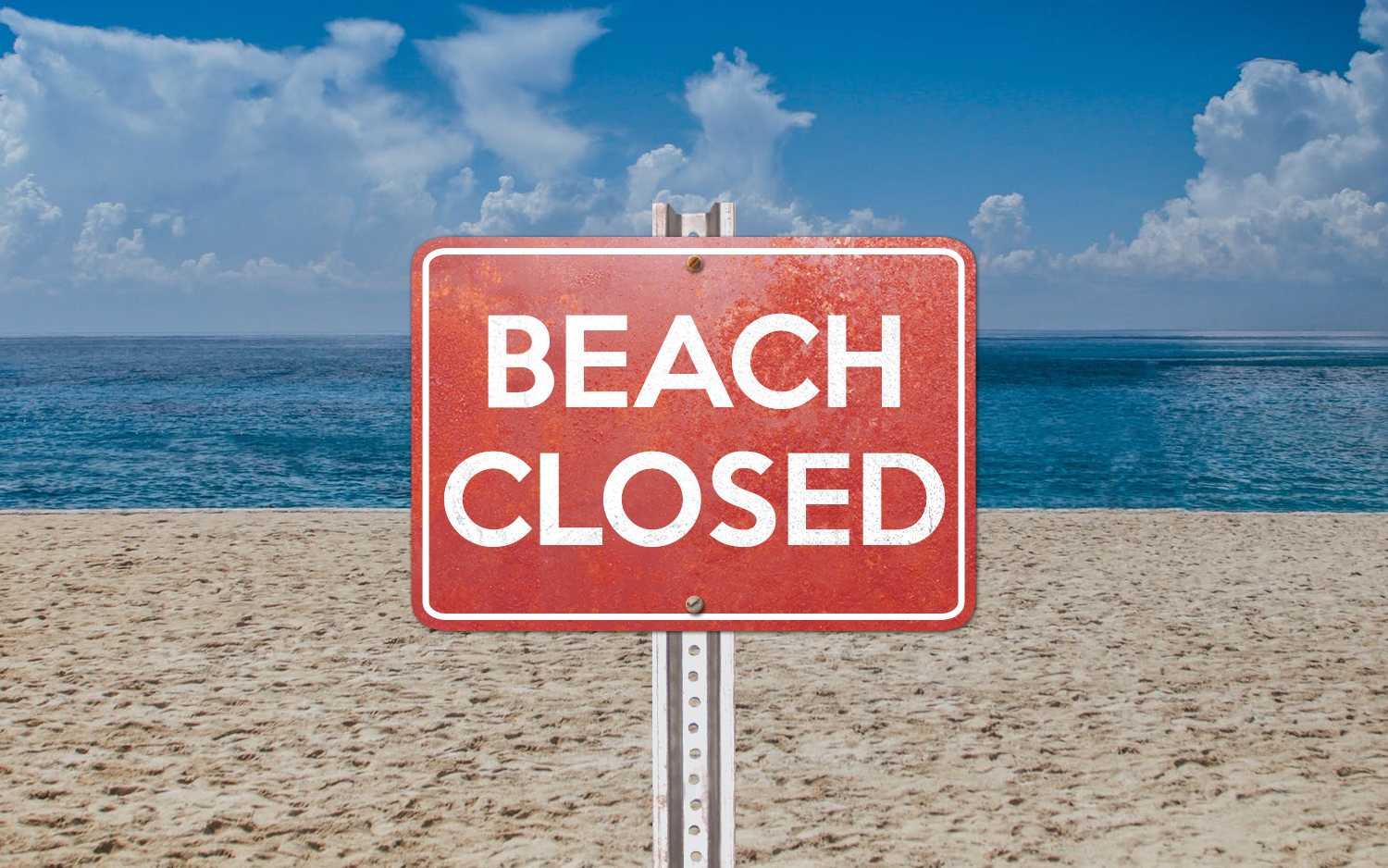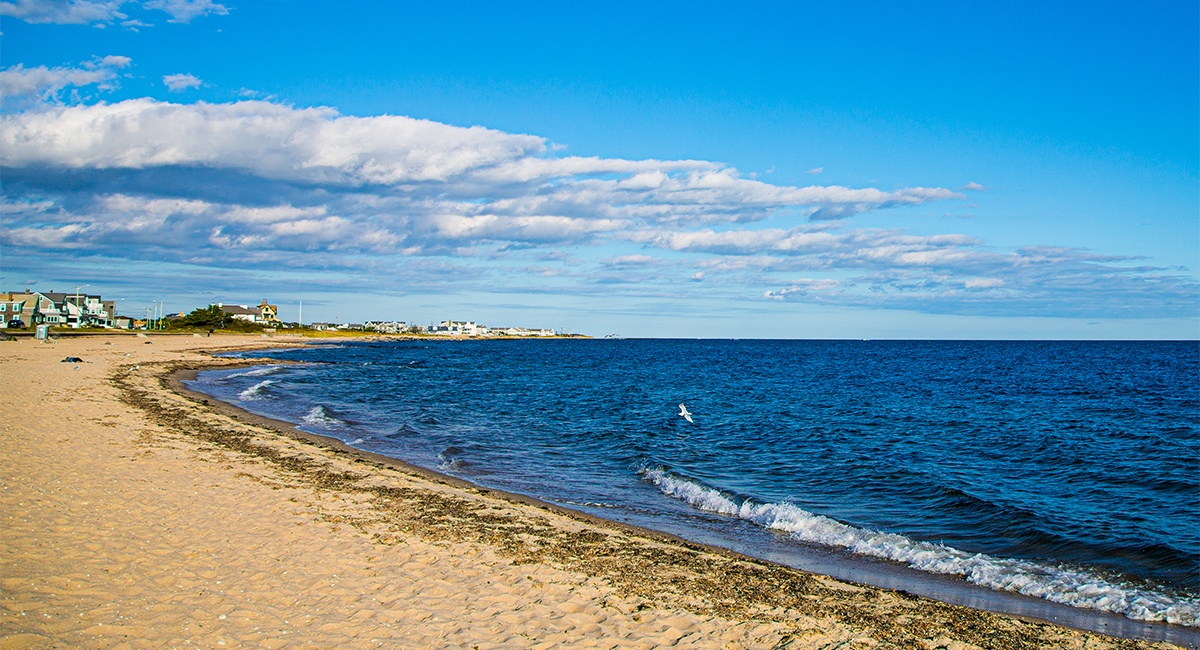Massachusetts Beach Closures: Massachusetts Beaches Closed

Massachusetts beaches have been closed due to various factors, including water quality issues, harmful algal blooms, and beach erosion. These closures have had a significant impact on tourism and the local economy, as beaches are a major attraction for visitors and residents alike.
Number of Beaches Closed
In 2022, a total of 35 beaches in Massachusetts were closed at some point during the summer season. The closures ranged in duration from a few days to several weeks. The most common reason for beach closures was water quality issues, followed by harmful algal blooms and beach erosion.
Causes of Massachusetts Beach Closures

Massachusetts beaches closed – The pristine beaches of Massachusetts are a cherished resource for residents and tourists alike. However, these coastal havens are not immune to closures due to various factors that compromise water quality and public health.
Water quality issues are the primary culprits behind beach closures in Massachusetts. Pollution from human activities, such as sewage overflows and stormwater runoff, can introduce harmful bacteria and pathogens into coastal waters.
Pollution
Sewage overflows occur when wastewater treatment plants are overwhelmed during heavy rainfall or other events. This untreated sewage can discharge directly into rivers and coastal waters, carrying with it high levels of bacteria and other contaminants.
Stormwater runoff also contributes to beach closures. As rain washes over impervious surfaces like roads and parking lots, it picks up pollutants such as oil, fertilizers, and pesticides. These pollutants are then carried into storm drains and discharged into coastal waters.
Algal Blooms
Algal blooms are another major cause of beach closures in Massachusetts. These blooms occur when excessive nutrients, such as nitrogen and phosphorus, enter coastal waters and trigger a rapid growth of algae. Some types of algae produce toxins that can cause skin irritation, respiratory problems, and gastrointestinal illnesses in humans.
In recent years, algal blooms have become more frequent and severe in Massachusetts due to factors such as increased nutrient runoff from agricultural activities and warmer water temperatures caused by climate change.
Specific Incidents
Several notable incidents have led to beach closures in Massachusetts due to water quality issues:
- In 2019, a sewage overflow in Lynn discharged millions of gallons of untreated sewage into the ocean, resulting in beach closures in several nearby communities.
- In 2018, a red tide bloom along the Cape Cod coastline caused beach closures due to high levels of toxins in the water.
- In 2017, a storm event caused significant flooding and stormwater runoff, leading to beach closures due to high levels of bacteria in coastal waters.
Impacts of Massachusetts Beach Closures

Beach closures in Massachusetts can have a significant negative impact on coastal communities, affecting local businesses, property values, and tourism revenue. Furthermore, swimming in contaminated water poses potential health risks to beachgoers.
Impacts on Local Businesses
Beach closures can lead to a decline in business for local businesses, such as restaurants, hotels, and retail stores. When beaches are closed, tourists and residents are less likely to visit coastal areas, resulting in a loss of revenue for these businesses. For example, a study by the Massachusetts Lodging Association found that beach closures during the summer of 2021 cost the state’s lodging industry an estimated $250 million in lost revenue.
Impacts on Property Values
Beach closures can also negatively impact property values in coastal communities. When beaches are closed, the desirability of living in these areas decreases, which can lead to a decline in property values. For example, a study by the National Association of Realtors found that homes located near closed beaches sell for an average of 10% less than homes located near open beaches.
Impacts on Tourism Revenue, Massachusetts beaches closed
Beach closures can also have a significant impact on tourism revenue. When beaches are closed, tourists are less likely to visit coastal areas, which can lead to a decline in tourism revenue. For example, a study by the Massachusetts Office of Travel and Tourism found that beach closures during the summer of 2022 cost the state an estimated $500 million in lost tourism revenue.
Potential Health Risks
Swimming in contaminated water can pose a number of health risks, including gastrointestinal illness, skin infections, and respiratory infections. When beaches are closed due to contamination, it is important to avoid swimming in the water, as it can contain harmful bacteria and other contaminants.
The closure of Massachusetts beaches due to pollution has sent sun-seekers flocking to upscale department stores like Saks Fifth Avenue and Neiman Marcus. These luxury retailers offer a respite from the coastal chaos, with air-conditioned boutiques and sparkling displays that transport shoppers to a world of indulgence.
However, the temporary solace provided by retail therapy cannot fully compensate for the loss of beachside tranquility.
While Massachusetts beaches remain closed due to health concerns, thoughts wander to distant shores. The tragic disappearance of Jay Slater in Tenerife, a tale of a young surfer lost at sea, echoes the uncertainty surrounding the fate of these once-crowded shores.
As the sun sets on another day of empty beaches, one can’t help but wonder if, like Jay Slater, these beloved coastal havens will ever be found again.